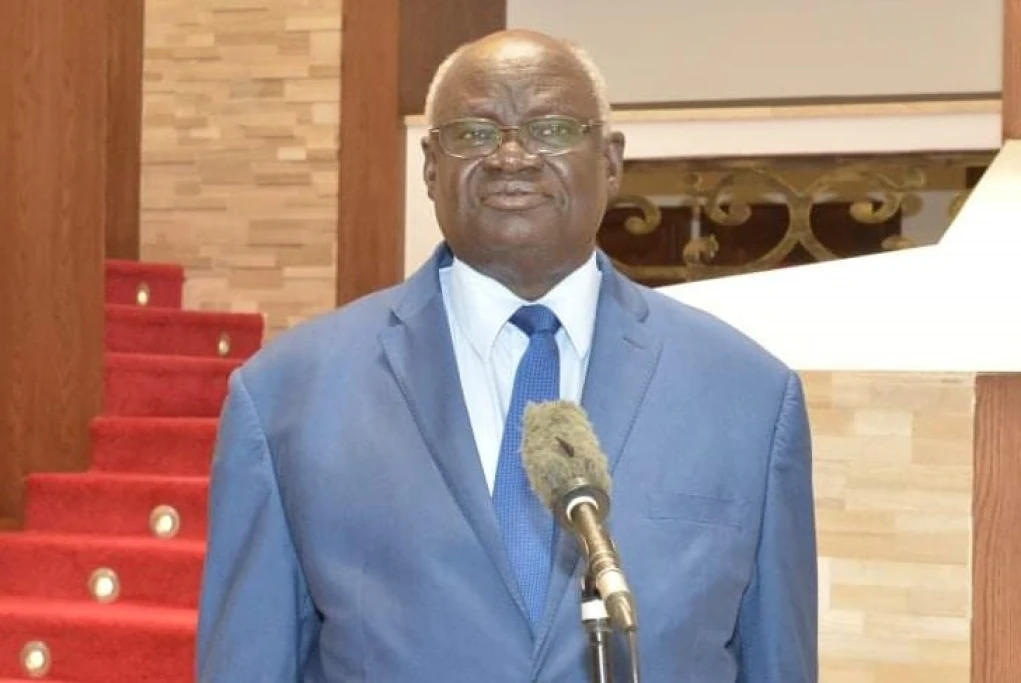
Minister of Higher Education Hon. Gabriel Changson Chang has promised to pay 5 million South Sudanese Pound ($11,547) to Starford International University College, private higher learning institution operating in Juba.
He made his pledge on Saturday during 2nd graduation of more than five hundred students awarded with bachelor’s degrees and diploma at various courses. Mr. Changson said the money would support the school to provide quality higher learning, and Starford is one of ten private licensed Universities in the country.
“On behalf of H.E, the Vice President for services deliver cluster, I pledged in his name 5 million SSP to be paid to the university administration for the job well done,” he said.
Minister encouraged the private Universities to be more competitive than public universities.
“You know private Universities performance better than public institutions everywhere in the universities, and we expected that from you to train these students to be good south Sudanese for the future and current leaders.”
Changson told the administration of Starford to work hard to meet the requirements needed in the Higher Education to be charter.
“Meet that requirement because the provisional license is supposed to last for two years and no more but is going to 6-7 years. That is our flexibility because we want these children to learn and graduate like we do today. Last year I went and visited you at City Mall as your headquarter, and you are still there, but we know you’re preparing a bigger place to meet our requirements,” he emphasized.
He also asks the graduate to demonstrate their knowledge acquired to South Sudan’s people or further studies.
The government said it is opening the general admission next month and encouraging the private universities to compile guidelines to ensure students admitted have required certificates.
The Chancellor of Starford University, Dr. Kenneth Mutuma Wyne, told the graduates to use their knowledge and be people with vision.
He urges them (graduates) to fight the poverty and illiteracy in South Sudan.
“You’re entering a world in which the tools of war are knowledge skills and innovation. I urge you to forget about the done and come to the 21st century where different weapons are fought. You will be our greater soldiers and our greater fighters in the war against poverty, illiteracy, poor health that we find ourselves,” he said.
Dr. Wyne reiterated that one of the successes in the world is technology and innovation, in which he asks the graduates to be creatives and apply their knowledge to solve the problem of South Sudan by writing projects for building peace.